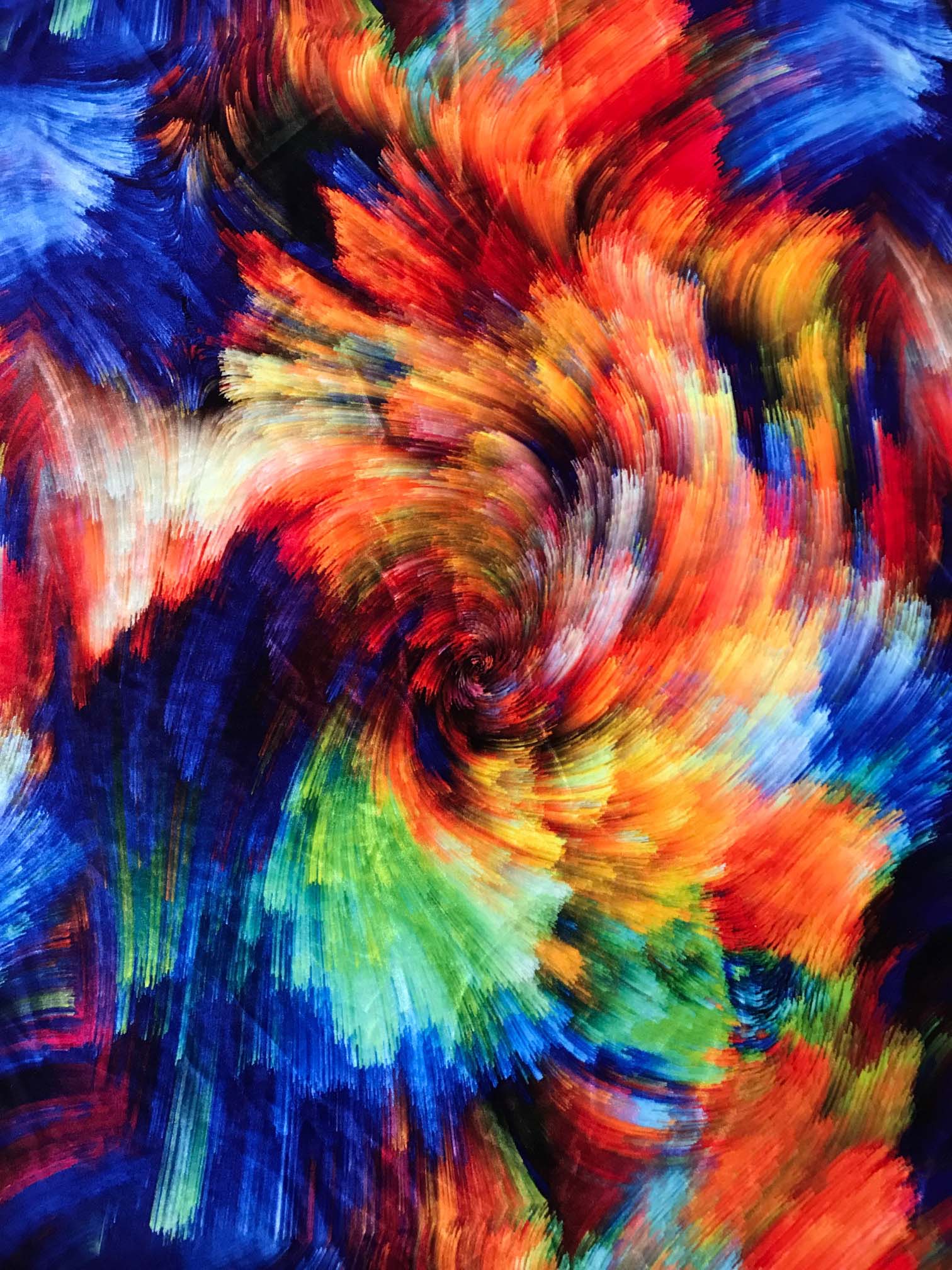
What is Polyester Fabric?
Since a previous blog post was about what nylon is, we decided to now focus on polyester fabric! Like nylon, polyester is one of the most popular synthetics in the world. It’s a plastic that is in everyday products but is also fibers for making fabrics. You also live your entire life with polyester by your side whether you know it or not. From fabric to your own computer, polyester is somewhere in your life so it’s time to find out more about it!
Creating Polyester
Polyester is a polymer, meaning it is a plastic that has a molecular structure of a large number of similar units bonded together. Think of it like a metal chain with repeating links. It is a synthetic fiber made by a chemical reaction between an acid and alcohol. In this reaction, two or more molecules combine to make a large molecule whose structure repeats throughout its length. Therefore, like a metal chain, polyester fibers can form very long molecules that are very stable and strong.
The most common type of chemical reaction used to make polyester takes place at high temperatures around 302-410°F in a vacuum-like kettle. Chemicals are mixed to form a compound known as a monomer or a molecule that can be bonded to other identical molecules. This reaction is known as polymerization. Long fibers from this process are stretched until they are about five times their original length. The resultant fiber forms an arrangement of molecules that are very strong! Once cool, the material is cut into tiny chips.
These chips are melted at about 500°F to form a thick liquid-like solution. This syrup solution begins going through a spinneret, which is a wheel with tiny holes. Fibers of different length and thickness are made by using holes of different sizes and drawing them out at different speeds. The more strands wrapped together means the thicker and stronger the yarn.
Advantages of Polyester Fabric
Polyester has both excellent strength and quick drying, allowing it to stand up to any sport. It has a fantastic elastic recovery meaning that fabrics can stretch to their limits without losing their initial shape. In addition, polyester has good abrasion resistance and absorbs color faster than nylon. Dyed polyester expels the water in the dye but not the dye itself. This bonds the dye with the fibers while nylon absorbs some of the water meaning it takes longer to dry than polyester.
To summarize, the characteristics that have made nylon fabric in particular popular include:
- Very durable and abrasion resistant
- Resists water, dries quickly
- Resists stretching and shrinking
- Mold and mildew resistant
- Holds color well, resists fading
Overall, polyester fabric has many beneficial uses and allows you endless possibilities for your creativity. Polyester alongside spandex creates a wicking fabric that can hold its shape and give the wearer the comfort they need during any sport.



As you can tell, polyester fabric is cool and durable option in the textile industry. This is why well over many of our products contain this yarn! Don’t forget to check out some of our hundreds of polyester fabric options to find your perfect fabric today!






